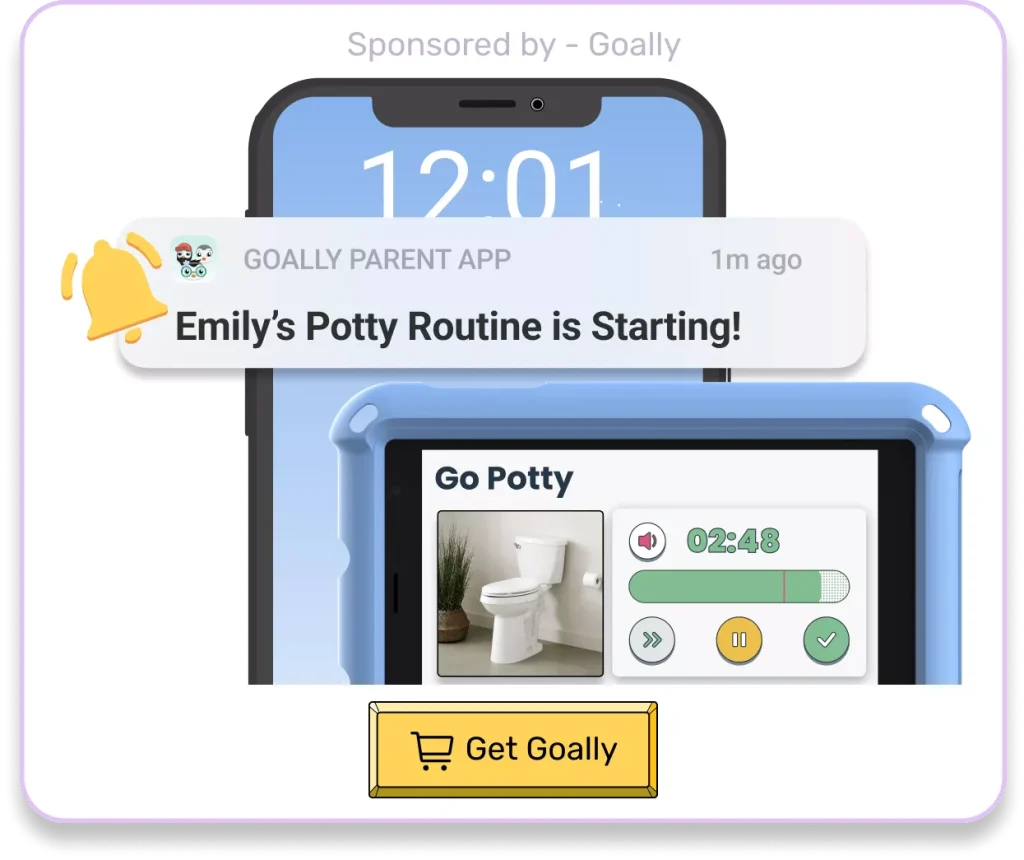If you’re raising a neurodivergent kid, you’ve probably noticed that certain situations or things can cause them to feel overwhelmed, anxious, or upset. We call these “autism triggers.” By understanding these triggers, we can make life a bit easier for our kids. So, grab a cup of coffee, and let’s explore five lesser-known autism triggers, along with some practical tips to help you and your little one handle them.
1. Sensory Overload
Our first autism trigger is sensory overload. Neurodivergent kids often have heightened sensitivity to sensory input, which means everyday places like school or the grocery store can feel too intense. So, how can we help our kids cope? Here are some ideas:
- Use noise-canceling headphones to block out overwhelming sounds.
- Offer fidget toys or sensory tools for them to squeeze or play with.
- Create a quiet, calming space at home where they can retreat and relax.
- Practice deep breathing or relaxation techniques together to help them stay calm.

Read more: What is Cognitive Ability?
2. Changes in Routine
Next up on our list of autism triggers is changes in routine. Our kids find comfort in predictability, so a sudden shift in plans can throw them for a loop. What can we do to minimize the impact? Check out these suggestions:
- Establish consistent daily routines for a sense of stability.
- Prepare your child for changes in advance to help them adjust more easily.
- Use visual schedules or calendars to plan events and keep them informed.
- Offer reassurance and support during transitions, like a comforting hug or kind words.
3. Social Interactions
Social situations can be tricky for kids with autism, as they may struggle with communication, reading social cues, and connecting with others. This makes social interactions another one of our autism triggers. To support your child in these situations, try:
- Practicing social skills through role-playing or social stories to build confidence.
- Encouraging participation in structured group activities tailored to their interests.
- Creating opportunities for them to bond with both neurotypical and neurodivergent peers.
- Helping your child identify and express their feelings to improve emotional communication.
Goally | Visual Scheduler for Autism
Does your child struggle with getting ready in the morning independently? Goally’s routine app on the best tablet for kids breaks down large tasks into small, achievable steps for autistic kids. Create custom routines with your own videos & pictures for every step.
4. Strong Emotions
When our kids experience intense emotions like anger, frustration, or anxiety, it can be tough for them to process and manage these feelings. As a result, strong emotions can act as autism triggers, leading to meltdowns or outbursts. Here’s how we can help:
- Teach emotional regulation strategies, like deep breathing or counting to 10.
- Encourage open communication about feelings to foster a supportive environment.
- Model healthy emotional expression and coping methods for them to learn from.
- Offer comfort and understanding when emotions run high, reminding them that it’s okay to feel.

Read more: What is Response Cost?
5. Inflexibility and Perseveration
Our final autism trigger is inflexibility and perseveration, which refers to a persistent focus on a specific thought, action, or interest. When faced with a situation that requires flexibility or compromise, your child might become anxious or upset. Here are some ways to promote flexibility:
- Practice problem-solving and decision-making skills to encourage adaptable thinking.
- Introduce small changes in routine to help them become more comfortable with adjustments.
- Encourage exploration of new interests and activities to broaden their horizons.
- Offer positive reinforcement for flexible thinking and behavior.
| Autism Triggers | Tips to Help |
|---|---|
| Sensory Overload | Noise-canceling headphones, fidget toys, calming spaces, relaxation techniques |
| Changes in Routine | Consistent routines, advance preparation, visual schedules, reassurance |
| Social Interactions | Social skill practice, structured activities, peer interaction, emotional communication |
| Strong Emotions | Emotional regulation strategies, open communication, modeling, comfort |
| Inflexibility and Perseveration | Problem-solving, small routine changes, new interests, positive reinforcement |
Tired of Emotional Meltdowns?
Goally’s Mood Tuner app has activities for kids with BIG emotions. Teach kids how to tune their mood with Goally. See fewer meltdowns.
The Mood Tuner app encourages kids to look inwards and identify their feelings, helping them understand what’s going on inside. Once they’ve recognized their emotions, they can choose from a 20+ activities designed to help them self-regulate and find their balance.

As you continue your parenting journey, remember that understanding these autism triggers is just one piece of the puzzle. By staying open to learning and adapting, you can discover the best ways to support your child’s unique needs. And don’t forget, tools like Goally can assist you in creating routines and supporting your child’s emotional well-being. Together, we can make a difference in the lives of our neurodivergent kids.
This post was originally published on 05/07/2023. It was updated on 11/03/2023.

Goally
We help parents teach their kids life skills, like doing bedtime and morning independently. Backed by science, we incorporate evidence-based practices and expert-informed designs in all of our apps and content.







